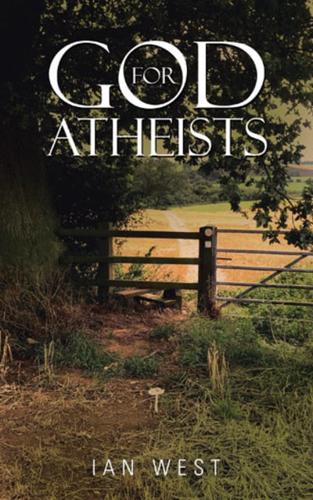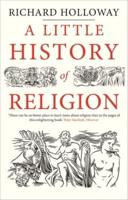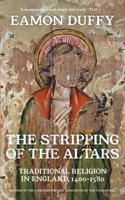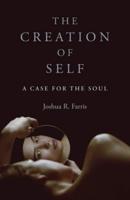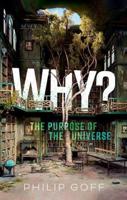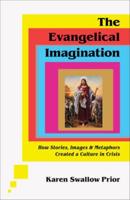Publisher's Synopsis
Three friends discuss God. LECTOR is dismissive and thinks that the traditional emphasis on magic and belief renders the concept malign. CREDENS admits he needs a friend and guide, even if that is an imaginary one. AUCTOR thinks the Christian Church took a wrong turn early on when it found that claims of supernatural powers produced more converts than the original message of Jesus to "Love goodness, truth, and your neighbour". Politics and manipulation combined with massive credulity to produce the tenets of the modern Church; now largely deserted. Yet there is human striving to be moral. We must find a process for defining 'goodness' that will command consensus. Perhaps ask a philosopher like Mary Warnock to chair a committee. A similar way was evolved by Quakers, where the term God has been used for centuries to describe a collective, moral-defining, indwelling consciousness that can be experienced in a meeting of people who share a concern for goodness, and fairness. The question: "Does God exist?" is premature until you know what you mean by 'God', and what you mean by 'existence'. However, it is an unimportant semantic question compared with real issue of finding that consensus.
